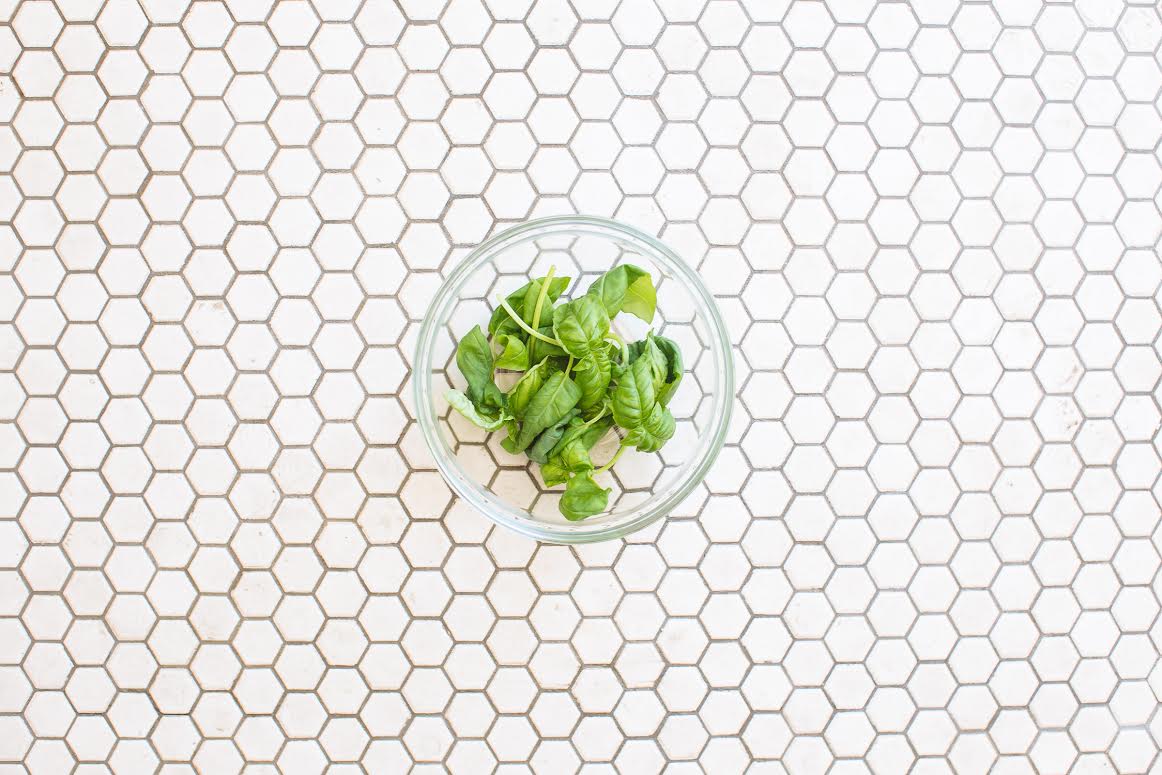News
World's Best Heart Medicine Is On Your Windowsill. Here's How To Use It.
Photo by @davidam on Instagram
With Valentine's Day right in the middle of it, February is all about the matters of the heart. So let's talk about it - your heart. And this is not going to be about your Facebook relationship status.
You might not even realize it, but as a Click & Grower, you have the world's best heart medicine right there on your windowsill. Food is medicine. Each of the 80 000 edible plant species is loaded to insanity with nutrients, vitamins and minerals that, if consumed correctly, have the power to support your heart's health - and not only - to extents you could have never even imagined. To name just a few examples, our social media manager personally knows a woman who has beaten rheumatoid arthritis by changing her diet to consuming food as medicine and has built a business around it at the age of 20. And just last week, UNILAD shared a video of a man with severe Parkinson's being completely relaxed after trying marijuana.
Yes, the thousands of dollars worth of doctors appointments and cholesterol medicine could have been avoided by simply taking a look at the edibles you're growing in your little indoor garden and knowing how to use them right for maximum impact.
Chili Pepper
The thing that gives your chilis (and hot sauce) that oh-so-divine spiciness is a compound called capsaicin (yes, that even sounds like a name of a drug). A study carried out by a group of researchers from the Chinese University of Hong Kong indicated that the same compound also blocks a gene that's responsible for the contractions in your arteries that cause strokes and heart attacks, and reduces your blood cholesterol, which has become almost like a buzzword when it comes to heart disease and is usually treated with prescription drugs.
Photo by @argoingver on Instagram
But that's not it. Chili Peppers are also a great source of flavonoids which are considered to prevent plaque building up in your arteries, blocking blood flow, as well as reduce blood clot formation. Consuming a variety of flavonoids on a regular basis over a period of 5 years can prevent death from contrary heart disease by a whopping 50%, as was found by Dutch scientists in a study targeting 500 men.
The best way to get the maximum nutritional benefits of almost any plant is to eat it raw (with a few exceptions), but this is especially true with foods containing the above mentioned flavonoids that get lost during storage, cooking in water (since flavonoids are water-soluble nutrients) and cooking in heat. So, to get the maximum benefit of your chilis for your heart, we'd suggest chopping them up for salads, adding to guacamole and other raw dishes. Sorry, but chili con carne isn't really going to make your heart as happy as we wish it would (at least physically).
Basil, cilantro, rosemary, oregano, thyme
Photo by @todaysfavoritesblog on Instagram
What connects these 5 oh-so-common herbs is their high contents of magnesium. This mineral enhances blood flow, prevents abnormal heart rhythms and relaxes blood vessel walls among other things - it has been proven that death from the blockage or narrowing of arteries is more common in parts of the world with low magnesium contents in soil and water.
The recommended daily magnesium allowance is 310 - 320mg per day, and the magnesium contents of these herbs vary from 26mg to 270mg per 100g. To put it in perspective, just 1 cup of basil pesto contains approximately 30.4mg of magnesium (64mg per 100g of basil), and, since oils, garlic and plants in fresh form all found in a standard pesto recipe are also on literally every heart health promoting food list, this is one of the best sauces you could possibly top your dishes with.
Parsley
Niacin or vitamin B3 has been used for years by doctors to raise "good" and lower "bad" cholesterol by 15-35% and 5-20% accordingly, and surprise surprise - your little parsley plant contains a whole lot of just that. Niacin is a water-soluble vitamin, which means that our bodies don't store it, making it essential for us to consume it through our food on a regular basis (about 14-16mg per day).
Parsley is a herb very rich in vitamin B3, varying from 7.22mg per 100g of fresh parsley to 9.94 per 100g of dried, and 10.4mg for the same amount of freeze dried parsley. To get the maximum benefit of your parsley for your heart, avoid cooking and consuming it with water - the less liquid you use for the cooking process, the more effect the dish is going to have on your heart. Maybe let's also chew down on that decorative parsley that comes with almost every dish wherever you go?


